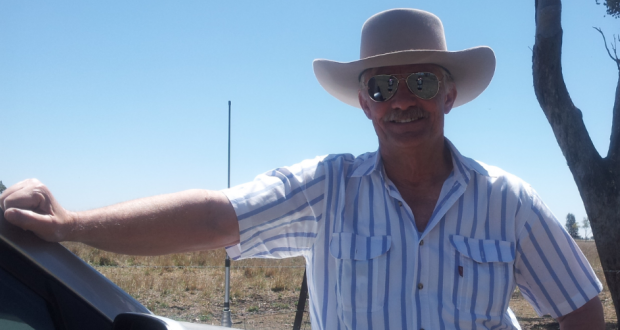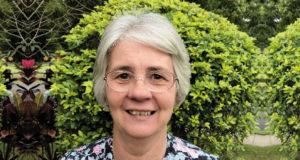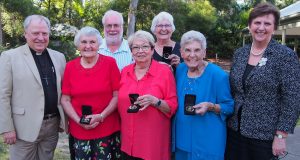Dianne Jensen talks to Lifeline Darling Downs rural mobile counsellor Brian Steele, the only men’s counsellor in the Western Downs region.
The telephone call came on the weekend. A young man who had only just made an appointment to see the sole men’s counsellor in the Western Downs region had committed suicide.
Lifeline Darling Downs rural mobile counsellor Brian Steele takes calls from health professionals, community workers, worried family members and ordinary people seeking help. Based in Dalby as part of the Western Downs Counselling Project, he clocks up hundreds of kilometres on dusty roads in a region which extends from Wandoan to Tara and west to Dulacca.
After 25 years in the area, he knows that the odds are stacked against people living with mental health issues in remote and regional areas—especially men.
A 2012 Griffith University report for the Australian Suicide Prevention Advisory Council indicated that male suicide rates in remote areas (36.32 per 100 000) between 2005 and 2007 were significantly higher than in non-remote areas (18.25 per 100 000). It also revealed that the prevalence of mental health disorders in rural suicide was 84 per cent, compared to 70 per cent in the urban group.
Mr Steele supports men and boys struggling with issues such as depression, anger and aggression, in a culture where males are expected to tough it out rather than talk.
“There has always been a bit of a stigma about mental health,” says Mr Steele, “and that’s why farmers and people who have always been staunchly independent don’t like to think that there is a mental health issue because they don’t want that label.”
Programs raising awareness about mental health and the availability of services such as the Lifeline rural counselling project are gradually whittling away at these attitudes, he adds, and some men are beginning to seek help, especially when they can talk to another man.
His diverse case load reflects the too-familiar cost of human relationships under stress: divided families, changing roles, social isolation, and fractured partnerships. The rapid social and economic change and recurring natural disasters experienced by Western Downs communities have added to the impact.
“I know we talk about the effects of drought and flood and mining—all of those are very important—but there is a wide range of general relationship issues which often these other things impact.
“Most men with mental health problems are referred to me for anger issues, and aggression is a big thing with men. The sources of anger can be many and varied. Uncertainty about their future and the future of their property can trigger anger issues in people,” says Mr Steele.
“There’s a lot of pain and a lot of hurt inside, and sometimes it’s not until they just ‘crack’ that people are aware.”
For 24/7 crisis support, call Lifeline on 13 11 14 or visit lifeline.org.au
 JourneyOnline
JourneyOnline







